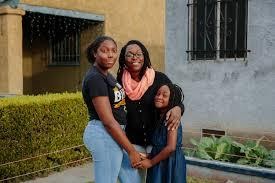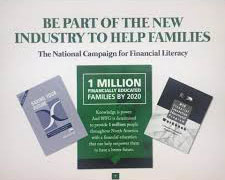Our Programs

Family dynamics
Health & Wellness
Statistics of heart disease, diabetes, obesity, is highest among African American Families. However, their are causations for these alarming statistics. Poverty, plays a major role on how people among black communities can afford to eat healthy, maintain healthy since of hygiene, or limit their exposure to violence, crime, and blighted environments. The African American Family Institute, will serve as liason, and partner, with health professionals, dieticians, physical therapist, and physicians to help bring awareness to the reality of preventive health. Early childhood learning can effect a healthy home environment



MTCC (Mid-Town Community Cadets) Youth Mentoring and Leadership Cadets
Finance formulas for Families
Planning a family’s finances is impossible without talking about it — but unfortunately talking about money is a taboo topic in too many homes. Statistics also confirm that -quelle surprise!- money is the leading cause of stress in relationships. The reason for this difficulty is that everyone brings financial baggage to a relationship in the form of debt, savings and investments or lack thereof, expectations, and of course, how money was handled in their home when they were growing up.
How we manage our own money often depends on how our parents handled theirs; we either try to emulate our folks or swear that we’ll never make the same mistakes they did.
Although we don’t realize it, money is often interwoven with deeply held perceptions about control, independence, accomplishment, identity, self-esteem, and love. That’s why talking about money can stir complicated emotions like embarrassment, envy, guilt, or even shame. All of these feelings bring stress into a marriage or long-term relationship where you and your partner’s finances are connected. (MoneyWise.Com) The African American Institute will create a center for financial education and management, as an intricate part of its sustainability curriculum.



Changing the Environment (where we live, work, and play)
Spiritual Formation (Best practices, ethics, and moral conditioning)


Cultural Competence (Families and Community, Living In Harmony)
The African American Family Institute seeks to understand better how cultural understanding and cultural identity can impact how children and families can imagine their value and contribution to a global society. Often for African Americans, it has been assumed by some cultural groups that they are anti-family, and demonstrate poor family attributes in order to raise productive citizens. It would be irresponsible to generalize all people of color, with the same socio-economic status, or emotional an psychological make up. The importance of Cultural competence is clear, that we may understand an individual from the perspective and lens of their social location. Moreover, the African American Institute seeks to help bridge the gap in cultural diversity and cooperation among, businesses, community, residents, and abroad.
